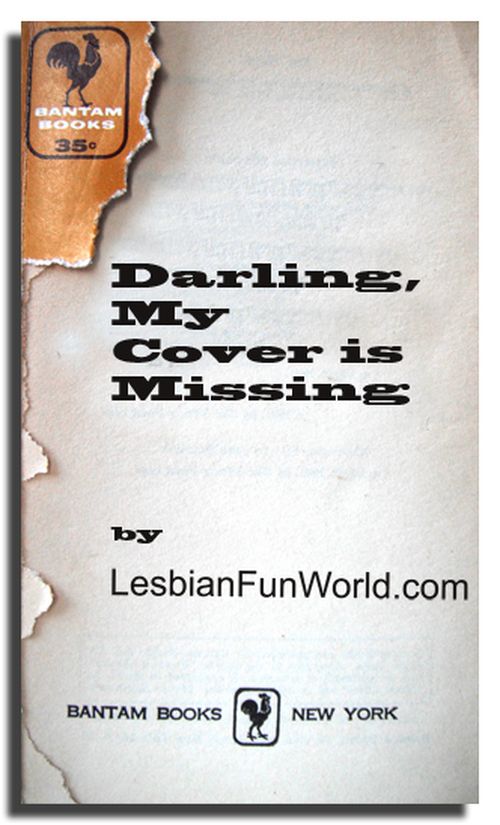Walking the Dusk
L.J. Webb

No one knew that Gertrude Vanderbilt Whitney had written this book. She confided to her granddaughter Gerta Henry, ‘No one will ever know I wrote this. . . I’d rather be remembered as a first-rate artist than as a third-rate writer.’ It is likely, however, that what prompted Mrs. Whitney’s use of a pseudonym was her fear of personal exposure in dealing with this outré subject matter. A Love Affair, her second novel, was completed in 1936 (during her lifetime it was never titled). Unfortunately, it fits her earlier self-evaluation. It is a ‘third-rate’ novel dealing with the same themes as Walking the Dusk: lesbianism (although in this case implicit and never consummated) and murder by poison. In both novels the murderer goes free.
The story is set in Paris and revolves around a vendeuse, Sandra Fane, known as Madame Nada, who is having an affair with a womanizing American lawyer, Marston Overstreet. Sandra’s best friend, Beatrice Graham, comes from America to visit. Bea loves Sandra beyond reason; so much so, in fact, that in the final pages of the book she poisons Overstreet’s invalid wife Eileen to clear the way for Sandra and Marston to marry. In the penultimate scene, Sandra, suspecting the truth, falls at Bea’s feet as Bea announces that the two women must sever their relationship. ‘Don’t write. I shan’t either. Nothing in the physical world is possible between us.’
The book closes with a love scene in which Marston carries Sandra across the threshhold of a hygienic replica of a gypsy wagon he has had fashioned for her. (Earlier in the novel Sandra was initially attracted by the real thing but repelled on close contact with the grimy and unsavory nature of the real gypsy caravan.) In this ersatz setting Sandra’s luxurious clothes spill out of trunks and the ‘lovely bright blue sofa makes into a bed.’ Like her heroine, Gertrude Vanderbilt Whitney spent her life playing the hygienic gypsy.
This is a silly, shallow novel, one that could have been written by a dress designer; it’s full of descriptions of clothes. The novel’s only value might be in the unwittingly chilling portrait it presents of upper-class women as chattels, totally subservient to men, while treating them with manipulation, subterfuge and disdain. Money is all, sex is a weapon. This book might be used in a women’s studies-course to evoke an age now (thankfully) extinct.
What is fascinating, however, is that the novel brings to light certain questions concerning the posthumous rights of the author and the nature of the reading public. In 1932, since Gertrude Whitney would not lend her name to Walking the Dusk, the publicity department of Coward- McCann released the titillating news that the author was one of the 10 most famous women in America. (Some people thought the author to be Ethel Barrymore.) But without Gertrude Vanderbilt Whitney’s name on it this novel sold only 770 copies, causing her publisher some embarrassment ~ Barbara Goldsmith, Washington Post, June 3, 1984
Check for it on:
Details
| Genre | Fiction; Grier Rated |
| Publication Date | 1932 |
| Publisher | Coward McCann |
| No. of Pages | 3 |
| LoC Classification | PZ3 .W3824 |
| Language | English |
| Rating | Great |
| BookID | 14166 |

